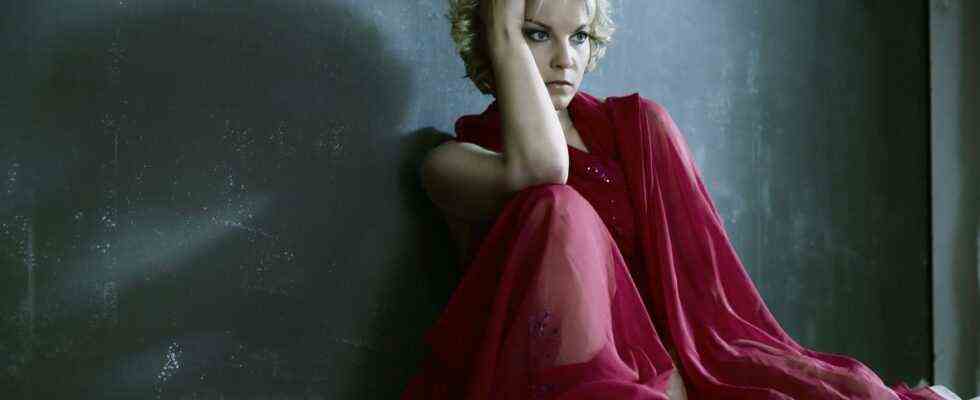Towards the end, the Salzburg Festival puts one or two operas in concert form on the program. There is a simple calculation behind this, because singer stars can also be involved here, who may not want to rehearse for three or four weeks, but who still vouch for high ticket prices. This year, Elīna Garanča in particular provides the star bonus, whose voice effortlessly fills the Great Festival Hall with the richly shimmering mezzo-soprano colors, the velvety depths and the blooming highs. Her role in Hector Berlioz’s “La Damnation de Faust” is comparatively short, as she only appears in the French version of Goethe’s “Faust” after the break. Nevertheless, she impresses in the role of Marguerite, which she does not create as a girl according to her vocal profile. No Gretchen is waiting innocently for his fist, but a woman discovers her sensuality. Even the song of the “King of Thule” sounds naive in a broken, refined, if you will French way.
Charles Castronovo, on the other hand, still has problems initially projecting his tenor into the room. This may also be due to the fact that he ultimately strives for soft colors in a coherent way. After all, this Faust is above all a lover who loves ennui, the French form of world disgust, suffers. Castronovo shades the area accordingly gently, paving elegant paths through the higher elevations, and repeatedly setting them up as well voix mixed a. In the course of the evening he also developed the virile vocal core in order to flood the parade number “Nature immense” with full sound. Ildar Abdrazakov remains comparatively pale, who does not really like to discover the demony or the irony of Méphistophélès. Since the devil is by nature not a person, but a principle, the role needs a stronger interpretive approach, where Abdrazakov mainly relies on the performance of his magnificent bass.
Above all, Berlioz wanted to stimulate the imagination with the opera
Although the work is now often interpreted by directors, “La Damnation de Faust” is well suited for a concert performance. After all, the composer himself did not intend a scenic implementation, but rather wanted to address the imagination with his “Légende dramatique”. It strengthens the role of the orchestra and gives the Vienna Philharmonic the opportunity to display all their splendor of color, from the tight Hungarian March to the selected beautiful English horn solo during the romance of Marguerite, from the delicate ballet of the sylphs to the pandemonium with its roaring brass.
Conductor Alain Altinoglu gives them the space for this without insisting on a particularly independent interpretation. Above all, it ensures a good flow, while at the same time it harmoniously shades the dynamics. The Concert Association of the Vienna State Opera Choir has appeared in the greatest possible strength, but lets hear a rich gradation of sounds. The male choir, often in demand alone, sounds round and homogeneous as soldiers or drunken students, the women give the sylphs and heavenly spirits the delicate charm of aerial beings.

